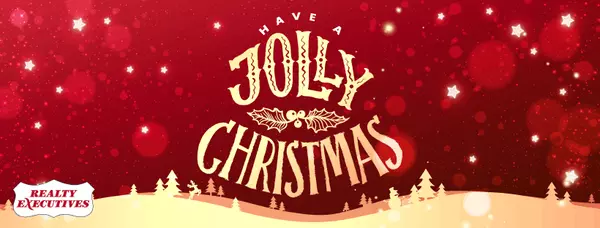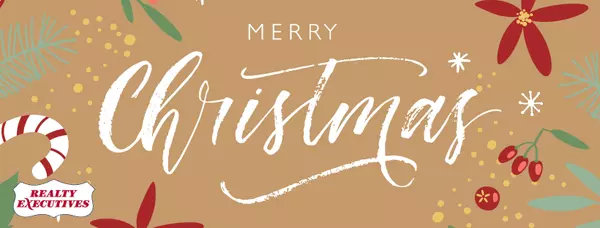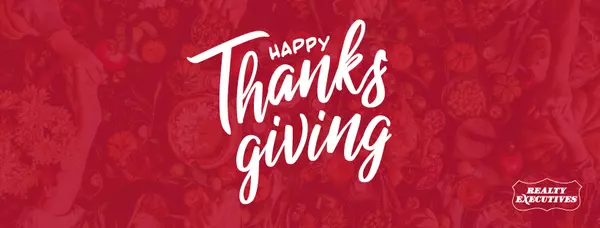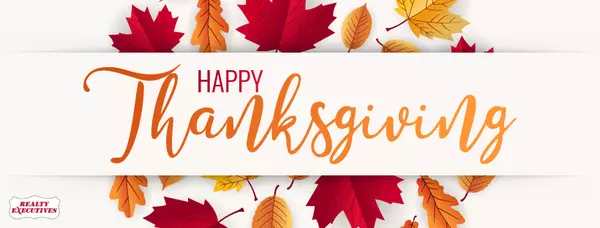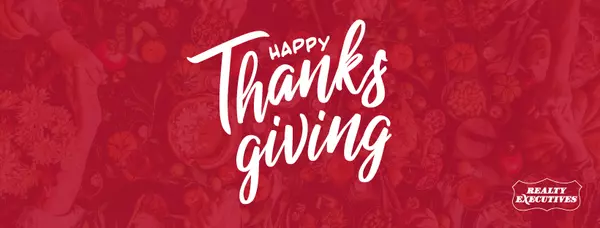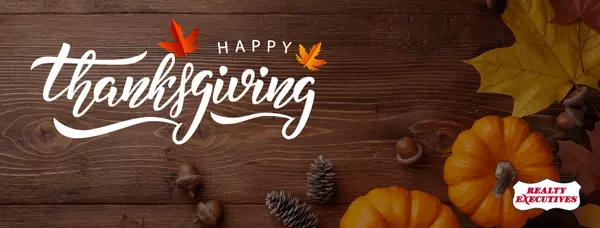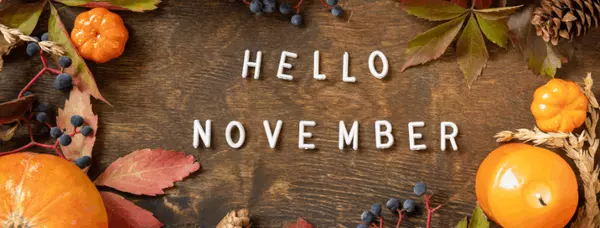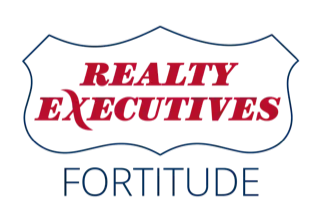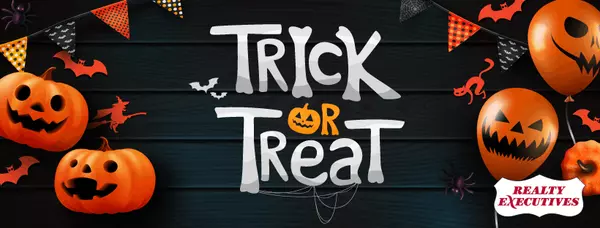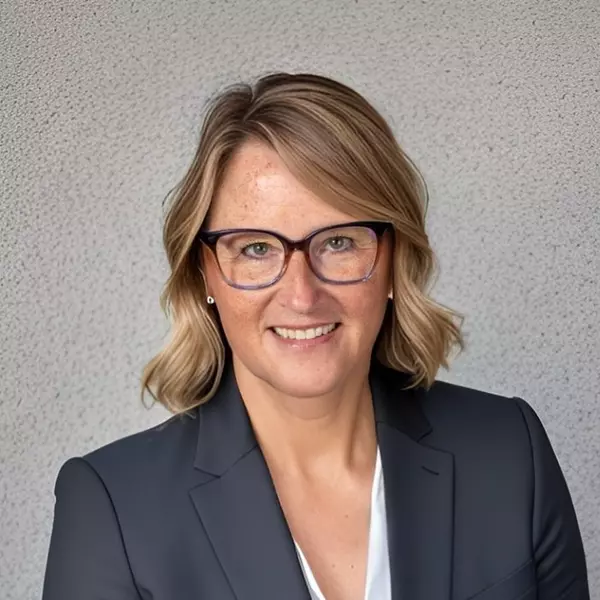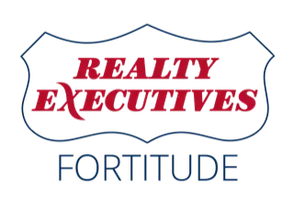Mortgage types, closing costs, and the often-confusing escrow process in an easy-to-understand way.
Mortgage Types: Picking Your Path 🏡
Think of a mortgage as a loan that helps you buy a home. There are a few popular flavors, each with its own perks:
- Fixed-Rate Mortgage: Your interest rate stays the same for the entire loan (usually 15 or 30 years). Like a steady, predictable friend—your monthly payment won’t change.
- Adjustable-Rate Mortgage (ARM): The interest rate starts lower but can change after a few years. It’s like a rollercoaster: lower payments at first, but they might go up or down later.
- FHA, VA, and USDA Loans: These are special options backed by the government. FHA loans make it easier for folks with smaller down payments or lower credit scores. VA loans are for veterans and active military. USDA loans help buyers in rural areas.
Closing Costs: The Price Tag for Getting the Keys 💸
When you buy a home, there are extra costs on top of the price. These are called closing costs. It’s like buying concert tickets—there’s the ticket price, then those extra fees at checkout. Closing costs usually add up to 2-5% of the home’s price. Here’s what’s included:
- Loan fees: What the lender charges to process your mortgage.
- Appraisal and inspection: Paying pros to check the home’s value and condition.
- Title insurance and search: Making sure the home really belongs to the seller (no hidden surprises).
- Taxes and insurance: Sometimes you pay a chunk of property taxes or homeowners insurance upfront.
- Miscellaneous: Recording fees, attorney fees, and more.
Escrow: The Safe Middle Ground 🤝
Escrow is like a neutral referee in a sports game. It’s a special account where money sits until everyone’s ready to finish the deal. Here’s how it works:
- When you make an offer, you put down “earnest money” (a deposit) into escrow. This shows you’re serious.
- During the buying process, the escrow company holds onto this money while everyone checks off their to-do lists (inspections, paperwork, etc.).
- At closing, the money gets distributed: the seller gets paid, your lender pays the right folks, and you get the keys.
- After you buy, your lender might keep an escrow account to pay your property taxes and insurance for you—so you don’t have to remember those big bills.
Bottom line: Mortgages, closing costs, and escrow can sound intimidating, but they’re just steps to help you buy a home safely. Think of them as tools, not hurdles. And if you ever feel lost, ask questions—there are no silly ones when it comes to your future home
Categories
Recent Posts
